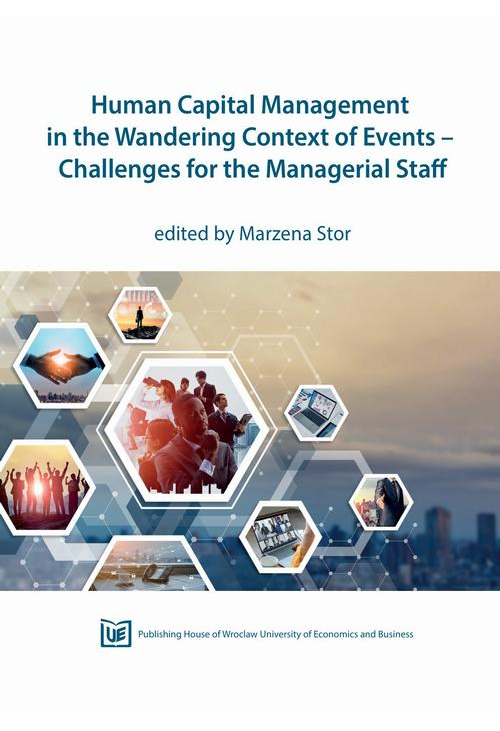
- Za darmo
ebook Human Capital Management in the Wandering Context of Events – Challenges for the Managerial Staff
Odkryj wnikliwą analizę zarządzania kapitałem ludzkim w zmiennym kontekście wydarzeń, przedstawioną w tej fascynującej monografii napisanej przez dwudziestu badaczy z jedenastu polskich uczelni. Zgłębiając wyzwania stojące przed personelem i działami HR, autorzy podkreślają rosnącą kontekstualizację, która wpływa na podejmowanie decyzji w organizacjach.
Monografia wydana przez Wydawnictwo Uniwersytetu Ekonomicznego we Wrocławiu w 2022 roku jest owocem gruntownych badań empirycznych i rozważań teoretycznych na temat wybranych problemów zarządzania personelem. Autorzy prowadzą czytelnika przez różne konteksty, począwszy od organizacyjnego, poprzez wirtualny i cyfrowy, aż po pandemiczny, kończąc na takim silnie skoncentrowanym na ludziach.
Dla miłośników ebooków (pobierz ebook) ta publikacja to cenna lektura (książki elektroniczne) zarówno dla naukowców zajmujących się kwestiami HR, jak i studentów zarządzania pragnących pogłębić swoją wiedzę. Autorzy mają nadzieję, że (czytanie ebooków) ich praca okaże się interesująca również dla praktyków zarządzania, poszukujących inspiracji do tworzenia skutecznych rozwiązań w zakresie zarządzania kapitałem ludzkim.
Niniejszy ebook (e-booki) dostępny jest w formacie PDF, będącym standardowym wydaniem elektronicznym (format PDF) publikacji cyfrowych (publikacja cyfrowa). Zapraszamy do odkrycia bogactwa tematycznego i praktycznych wniosków, które znajdują się na stronach tej monografii.
Kup e-booka (kup e-booka) już dziś i zanurz się w fascynującym świecie najlepszych ebooków (najlepsze ebooki) dotyczących zarządzania personelem, które pomogą Ci rozwinąć skrzydła w dziedzinie HR.
Spis treści ebooka Human Capital Management in the Wandering Context of Events – Challenges for the Managerial Staff
Preface 8Part I. The contextual effects of the organization’s type on HCM 11
1. Employee development and competency management in MNCs – a comparison between Eastern and Western Europe (Marzena Stor) 12
1.1. Introduction 12
1.2. Theoretical foundations for the variables describing ED & CM in M NCs 13
1.3. The empirical research methodics 15
1.4. The empirical research findings 17
1.5. Final conclusions and research summary 22
2. Training as a process in civil and military organizations – the concept of standardization for the needs of the Armed Forces of the Republic of Poland (Krystian Wojtasik) 25
2.1. Introduction 25
2.2. Theoretical foundations for an interdisciplinary and processual approach to training 26
2.3. The research methodics used to develop a theoretical concept 28
2.4. The comparative research findings 29
2.5. Final conclusions and research summary 31
3. Competency model of the research and administrative support staff in Polish universities – the empirical research results (Barbara Kożusznik, Olaf Flak, Adrian Pyszka, Katarzyna Więcek-Jakubek, Grzegorz Filipowicz) 33
3.1. Introduction 33
3.2. Theoretical foundations for the competency model in the academic environment 34
3.3. The empirical research methodics 37
3.4. The empirical research findings 40
3.5. Final conclusions and research summary 44
Part II. HCM in the context of work virtualization and digitalization 45
4. Virtualization of social relations in the organization from the employees’ perspective (Joanna Cewińska, Małgorzata Striker) 46
4.1. Introduction 46
4.2. Theoretical foundations for the employees’ social needs in virtualizing working relations 47
4.3. The empirical research methodics 50
4.4. The empirical research findings 51
4.5. Final conclusions and research summary 54
5. Digital transformation of employee learning and development in the organization (Katarzyna Mikołajczyk) 56
5.1. Introduction 56
5.2. The overview of a new context for employee learning and development 57
5.3. Transformation of learning and development in the organization 59
5.4. Selected digital technologies used in employee development 62
5.5. Final conclusions and overview summary 65
6. Benefits and threats of knowledge management supported with artificial intelligence algorithms from the end user’s perspective (Katarzyna Czainska) 68
6.1. Introduction 68
6.2. Theoretical foundations for the concept of Generation Z and AI solutions in knowledge management 69
6.3. The empirical research methodics 71
6.4. The empirical research findings 72
6.5. Final conclusions and research summary 74
Part III. HCM in the context of the COVID-19 pandemic 76
7. Job satisfaction among teachers during the COVID-19 pandemic (Dorota Grego-Planer) 77
7.1. Introduction 77
7.2. Theoretical foundations for the concept of job satisfaction 78
7.3. Empirical research methodics 81
7.4. Empirical research findings 82
7.5. Final conclusions and research summary 84
8. Managing staff development during the COVID-19 pandemic (Agnieszka Jarosik-Michalak, Monika Miętkiewicz, Joanna Olkowicz) 86
8.1. Introduction 86
8.2. Theoretical foundations for the contextual influence of the COVID-19 pandemic on employee development and requirements regarding competencies 87
8.3. The empirical research methodics 90
8.4. The empirical research findings 92
8.5. Final conclusions and research summary 95
9. The importance of role and tasks of HR Business Partners during the COVID-19 pandemic (Joanna Tabor-Błażewicz) 98
9.1. Introduction 98
9.2. Theoretical foundations for the HR Business Partner concept 99
9.3. The empirical research methodics 101
9.4. Empirical research findings 102
9.5. Final conclusions and research summary 105
Part IV. The human side of business as a modern contextual factor for HCM 107
10. Job security – from the perspective of employee interests (Anna Cierniak-Emerych) 108
10.1. Introduction 108
10.2. Theoretical foundations for job security and its importance for employee interests 109
10.3. The empirical research methodics 112
10.4. The empirical research findings 113
10.5. Final conclusions and research summary 115
11. The social activity of organizations as a determinant of employee satisfaction and commitment (Dominika Nieć, Grzegorz Łukasiewicz) 117
11.1. Introduction 117
11.2. Theoretical foundations for the concept of the social activity of an organization 118
11.3. Theoretical concept of the relation between employee commitment and the social activity of the organization 123
11.4. Theoretical concept of the relation between employee job satisfaction and the social activity of an organization 124
11.5. The final concept of relations between employee satisfaction and commitment and the social activity of an organization 126
12. Benefits and limitations in the use of green human resources management practices in an automotive industry company – a case study (Inez Pomorska-Jarząb) 128
12.1. Introduction 128
12.2. Theoretical foundations for the concept of Green HRM 129
12.3. The empirical research methodics 133
12.4. The empirical research findings 134
12.5. Final conclusions and research summary 138
Summary 140
References 142
List of figures 160
List of tables 160
Szczegóły ebooka Human Capital Management in the Wandering Context of Events – Challenges for the Managerial Staff
- Wydawca:
- Wydawnictwo Uniwersytetu Ekonomicznego we Wrocławiu
- Rok wydania:
- 2022
- Typ publikacji:
- Ebook
- Język:
- polski
- Format:
- Redakcja:
- Marzena Stor
- Liczba stron:
- 162
- ISBN dla wersji papierowej:
- 9788376959887
Recenzje ebooka Human Capital Management in the Wandering Context of Events – Challenges for the Managerial Staff
-
Reviews (0)

Na jakich urządzeniach mogę czytać ebooki?
- Za darmo




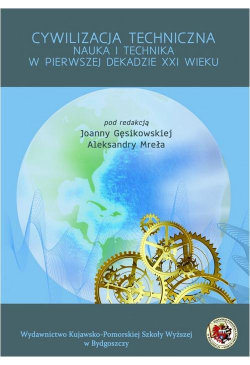

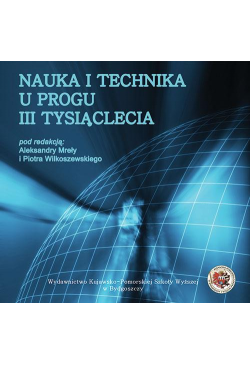
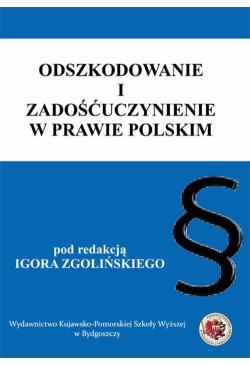
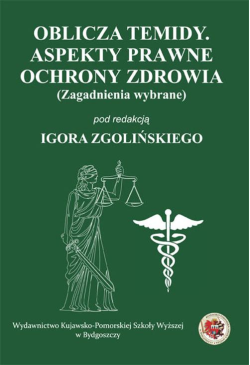
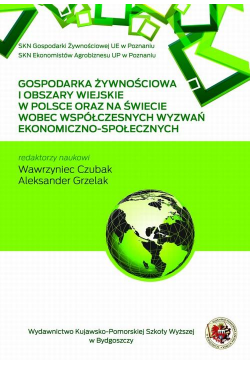
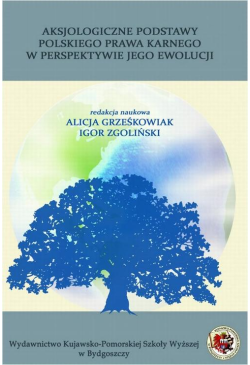
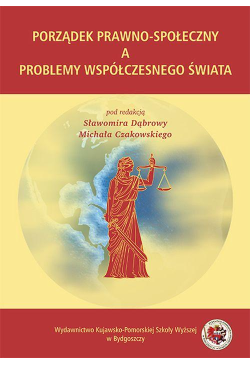
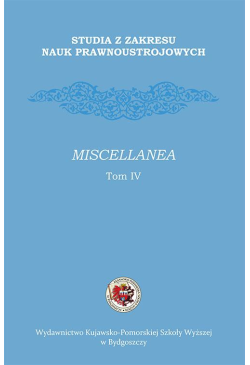
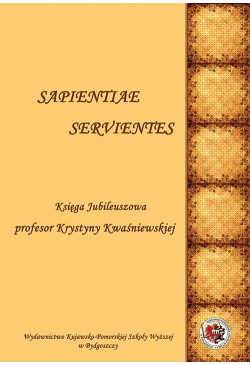

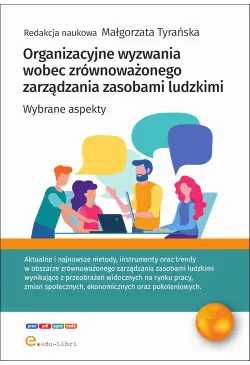


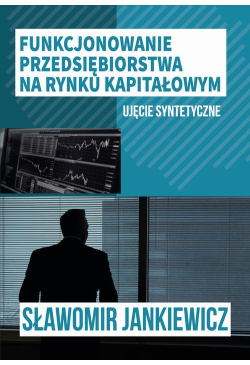
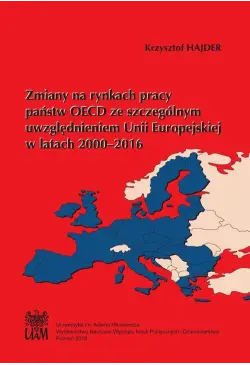

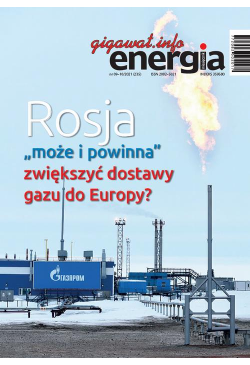

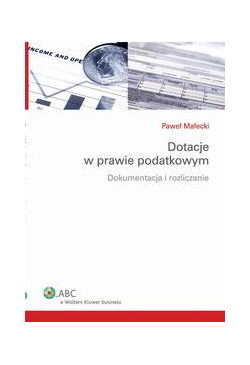

@CUSTOMER_NAME@
@COMMENT_TITLE@
@COMMENT_COMMENT@